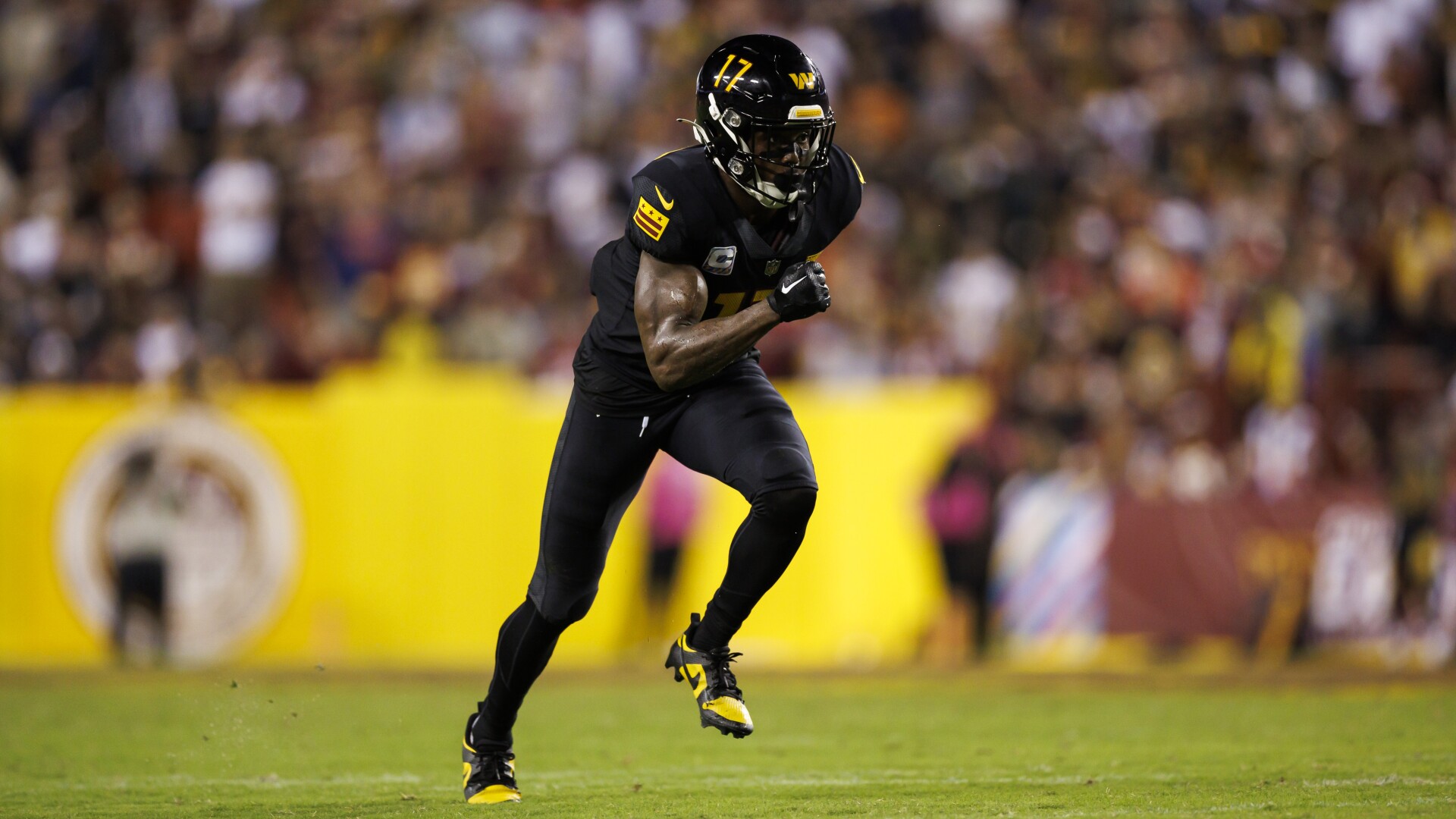Every football fan in America is talking about the final play of the Commanders’ win over the Bears on Sunday, when Jayden Daniels launched a 52-yard Hail Mary for the game-winning touchdown. But the second-to-last play of the game also deserves some discussion.
On the second-to-last play, the Commanders had the ball at their own 35-yard line with six seconds left. They were out of timeouts. They were too far for Daniels to launch the ball into the end zone for a Hail Mary, and they wanted to get closer and quickly get out of bounds. If the Bears could tackle the Commanders in bounds, it would be game over.
So what did the Bears do? They went into a prevent defense, giving up a huge section of the field to Commanders receiver Terry McLaurin, who caught a pass from Daniels and stepped out of bounds for a 13-yard gain. The play took only four seconds.
Everyone should have known it was coming; Tony Romo drew the exact route that McLaurin was going to run on the telestrator just before the snap. Once McLaurin got out of bounds, Romo explained what it did for the Commanders.
“That gives them a chance now because they couldn’t have reached the end zone on a throw before,” Romo said.
The Commanders took that chance and threw the game-winning Hail Mary. So why did the Bears give them that chance? Bears coach Matt Eberflus explained.
“Because you’re defending touchdown, right? You’re defending touchdown there. And them throwing the ball for 13 yards or 10 yards, whatever that is, doesn’t really matter. It’s always going to come down to that last play,” Eberflus said, via Courtney Cronin of ESPN.
But it did matter. The whole reason the Commanders wanted to pick up the 13 yards before the Hail Mary is because those 13 yards mattered, getting close enough to the end zone for a Hail Mary to be feasible. And if the Bears had played their regular defense, they might have been able to tackle McLaurin inbounds and end the game before the Hail Mary.
The reality is that Eberflus’s defense had a massive letdown. And not just on the Hail Mary, but on the play that set up the Hail Mary.
